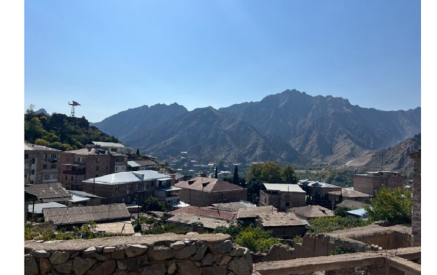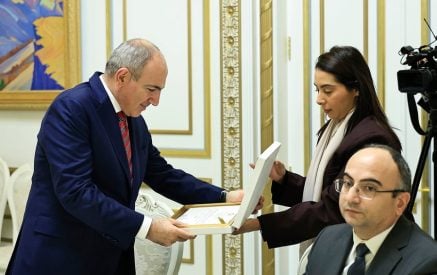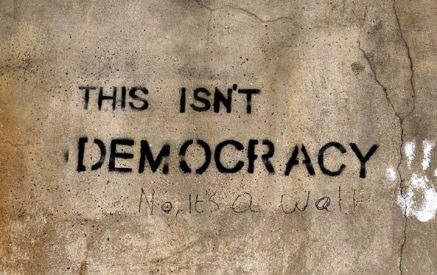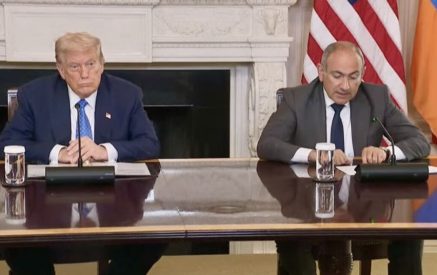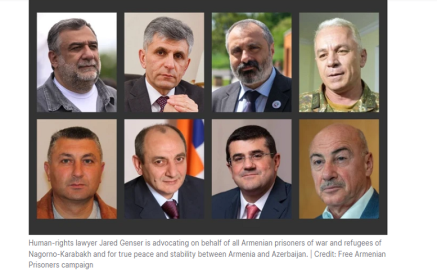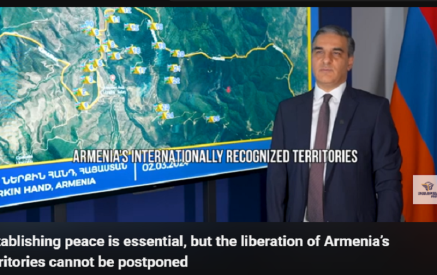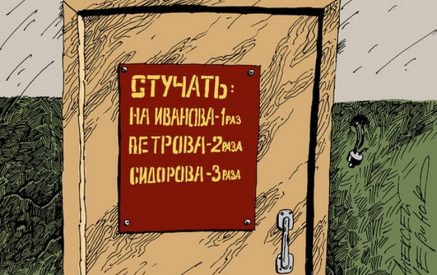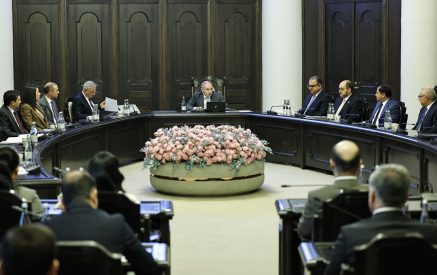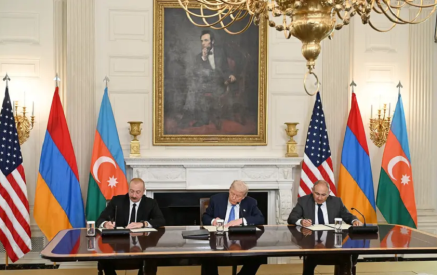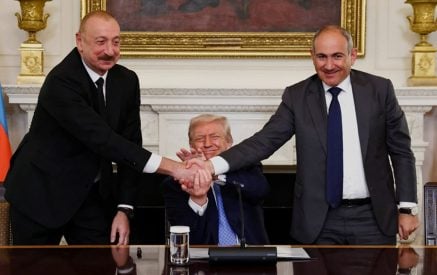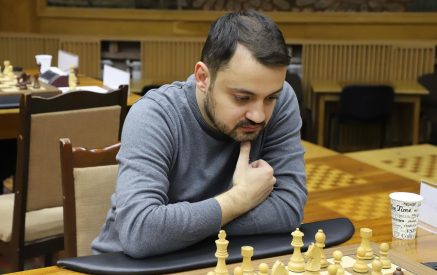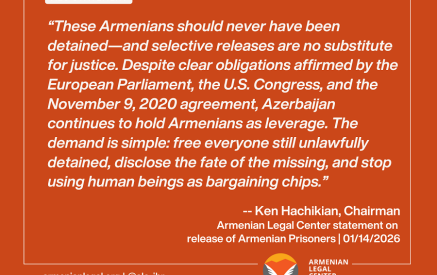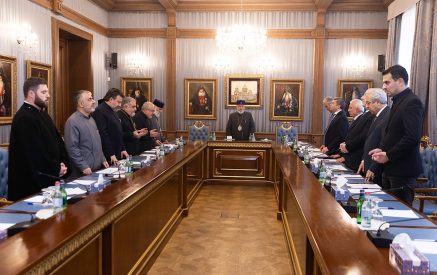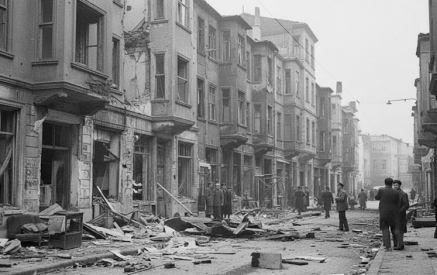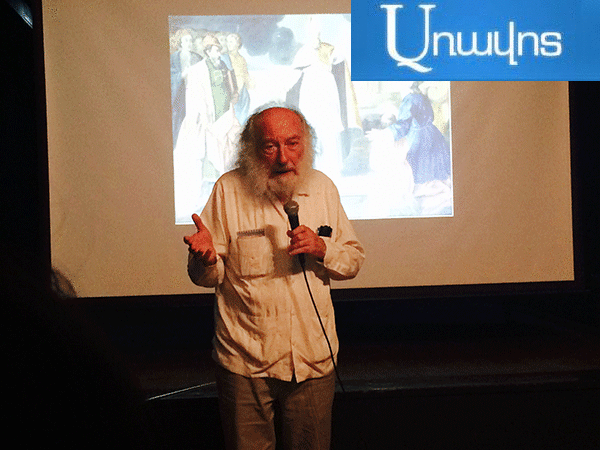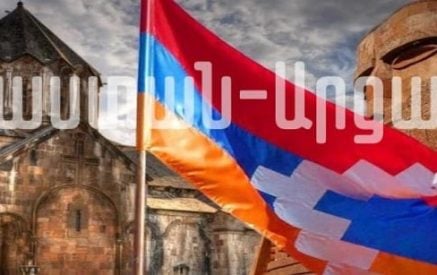The French-Armenian mathematician, historian, Armenologist and Sorbonne University Professor Claude-Armen Mutafyan delivered a lecture today in Yerevan entitled “The Armenian-French relations over the centuries”. He associated his lecture with displaying Armenian protocols on the walls of the churches in France and the photos of the 14-20th centuries, which confirms the age-old relations between the two countries.
After the lecture ended, Aravot.am asked him about the expectations from Turkey on the centennial of the Armenian Genocide and whether in the near future the denial policy would be changed. “Definitely, if you compare some fifteen years ago, there is a major progress. Recently, there was a conference on genocide in Paris, and the majority of participants were Turks. This was incredible. Ten years ago, unfortunately, the progress took one victim – Hrant Dink. Many things changed after his death.”
We also asked Mr. Mutafyan whether he agrees with the statement made by the President of Armenia, Serzh Sargsyan, saying, “The Republic of Armenia has never declared any territorial claims either to Turkey or to any other country since our independence. There has never been such an issue on the foreign policy agenda of our country, and there is none today,” and whether it is right to give up with the demands. In response, the Armenologist said, “In my opinion, the demands need to be, but no need to emphasize the territories and so on, the demands are required by the principal. One day, they will have to admit, every crime has its own reward, but there is no need to say what we want: money, land, it is not necessary.”
To our question about who to formulate the demand in this case and what demands should be put before Turkey, he continued, “We need to say, firstly, accept, and then we will add our demands.” We also asked him whether he is familiar with the pan-Armenian declaration on the Armenian Genocide, and whether there is a contradiction that, on the one hand, the president states that we do not have territorial claims from Turkey, and on the other hand, the Declaration published on January 29 contained references to the Woodrow Wilson’s Arbitral Decision and the Treaty of Sevres, which contained territorial matters. “I was busy with other things, and did not follow the Declaration closely, but I agree with the criticism that it is not sufficiently demanding, we should not ask for, but be more strictly demanding. Now, we have a very strong weapon – German president’s statement, which was the Turkey’s ally, but apologized and said that they had also participated.”
To the question of why the German president’s statement was not followed by the adoption of the Armenian Genocide resolution in Bundestag and they were limited only to the discussions of the resolution, our interlocutor said, “I think, it should be adopted.”
Arpine SIMONYAN


